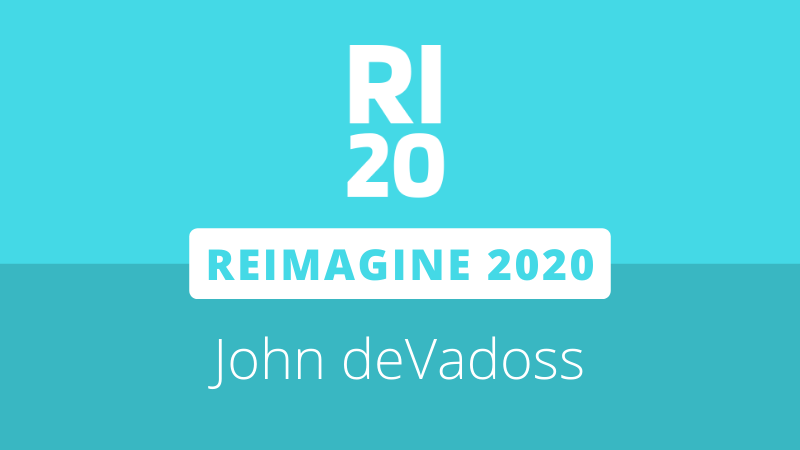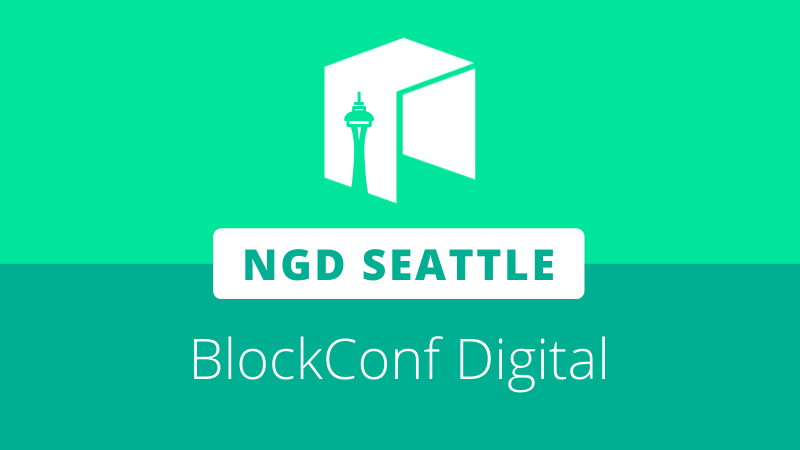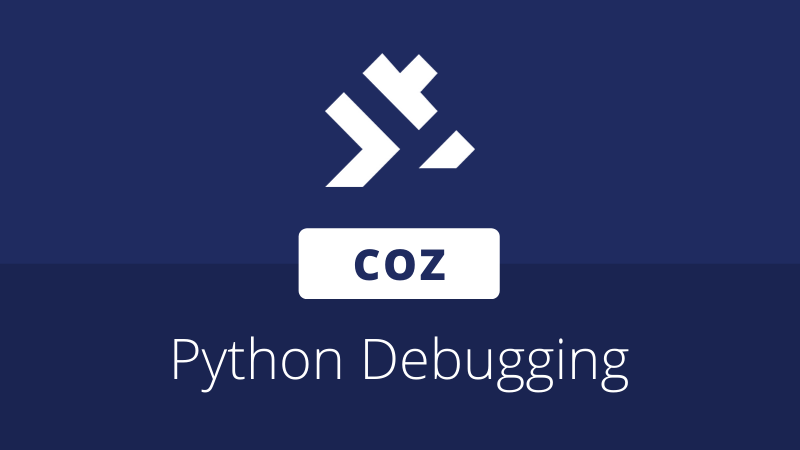
Neo Global Development (NGD) Seattle lead, John deVadoss, recently participated in an interview with Mousebelt co-founders, Patrick McLain and Galen Danziger, as part of the REIMAGINE 2020 virtual event. During the interview, deVadoss outlined what he believes to be a fundamental flaw in enterprise-level use of blockchain technology and discussed how to attract existing developers to the industry.
Underutilization of crypto-economics
According to deVadoss, blockchain-based pilots and prototypes have not taken hold at the institutional or enterprise level because the big players have yet to fully comprehend that blockchain is a platform with economic incentives baked in. deVadoss said:
I spent 25 years in the enterprise space; I know the enterprise inside and out. There is a fundamental, fatal flaw in how enterprises approach blockchain. They see it as one more plumbing platform; they see it as infrastructure, and so they’re re-platforming applications. Because of their DNA, [enterprises are] unable to understand the underlying crypto-economic protocols baked in.
deVadoss believes a gradual change will take effect once large-scale entities shift toward exploiting crypto-economic protocols, which will enable them to embed incentives for network participation and establish governance. Only then will blockchain protocols be successful at the enterprise level.
“There are no ‘blockchain’ developers”
While enterprise-level clients are still shifting their comprehension of what blockchain-based solutions can offer, deVadoss also believes more developers are a requisite to progress. However, he pointed out that attracting the needed talent is hindered by the fact that blockchain has historically catered to an “elite” group. This divide has made it difficult for industries to adapt the technology.
There are no ‘”blockchain” developers; in the same way, there are no iPhone, app, front-end, back-end, or cloud developers. There are developers, period. The mistake I think much of the blockchain industry made early on was trying to pigeon hole and silo the blockchain developers with special-purpose languages, like what the Ethereum guys did with Solidity. What I call “elite developer tools,” in many ways, put up barriers. You almost have to have these “high priests” of blockchain development to come in to write the code, write the contract, review, and bless it before they can deploy. This is fundamentally flawed.
Instead, public blockchain platforms should strive to make themselves more accessible by catering to the 20 million developers across the globe rather than the 10,000 to 20,000 that identify as “blockchain developers.”
We have to go to where the developers are. One thing I learned from my time at Microsoft is you can not expect developers to come to you; you have to go to where they are. What does this mean? It means giving them the support in the languages they know, support in the tools that they know and they love. Giving them a comparable, if not superior experience.
Neo’s developer experience
deVadoss believes that Neo is bridging the gap between blockchain and existing developers in a number of ways. Examples include Neo’s support for various languages (i.e., C#, Python, Go, TypeScript) and that Neo’s infrastructure is built on .NET, which allows it to “piggyback” off developers that already use this infrastructure.
NGD Seattle is also providing tooling in the form of the Neo Blockchain Toolkit for VS Code, which allows developers to easily run private network instances, create and debug smart contracts, and simplifies deployment and invocation to the blockchain. To that end, deVadoss said:
I’m doing exactly what we did at Microsoft [here at NGD Seattle], which is to provide templates, provide design patterns, and the tooling to realize these templates and design patterns. This always gives new developers a jumpstart. If you want to get going – to build, test, and deploy something in about five minutes – you can do it on the Neo [Blockchain Toolkit]. I love it. That’s how it should be.

Neo joined Mousebelt’s Blockchain Education Alliance in February of 2020, and deVadoss was one of four individuals from the Neo community that took part in REIMAGINE 2020. Additionally, NGD Seattle’s Harry Pierson, COZ’s Tyler Adams, and NeoTracker’s Dan Byrde delivered workshops for students that attended the virtual event.







About The Author: Dylan Grabowski
Dylan is a reformed urban planner with a passion for covering the Neo ecosystem. His objective as a writer for Neo News Today is to report news in an objective, fact-based, non-sensational manner. When not behind a computer screen, he can be found in the mountains rock climbing. Find Dylan on Twitter (@GrabowskiDylan).
More posts by Dylan Grabowski